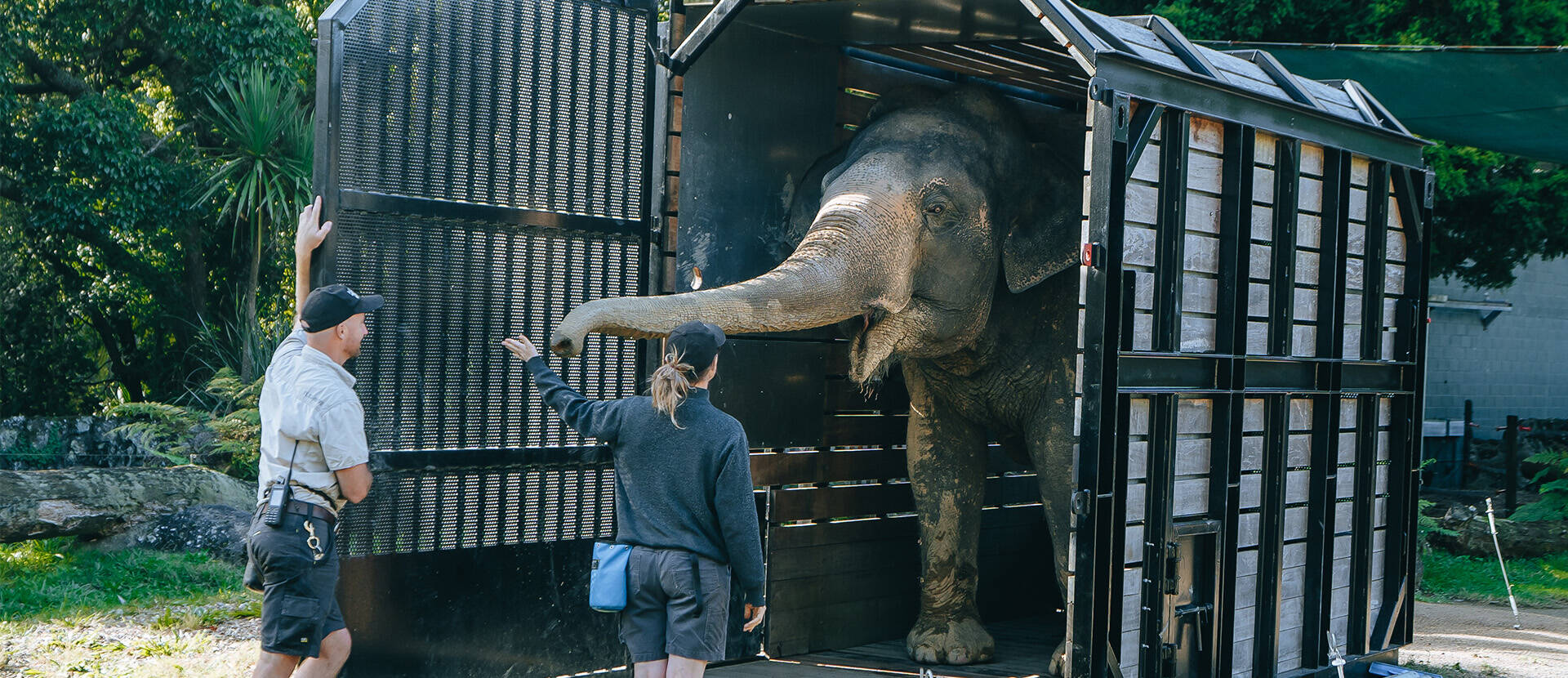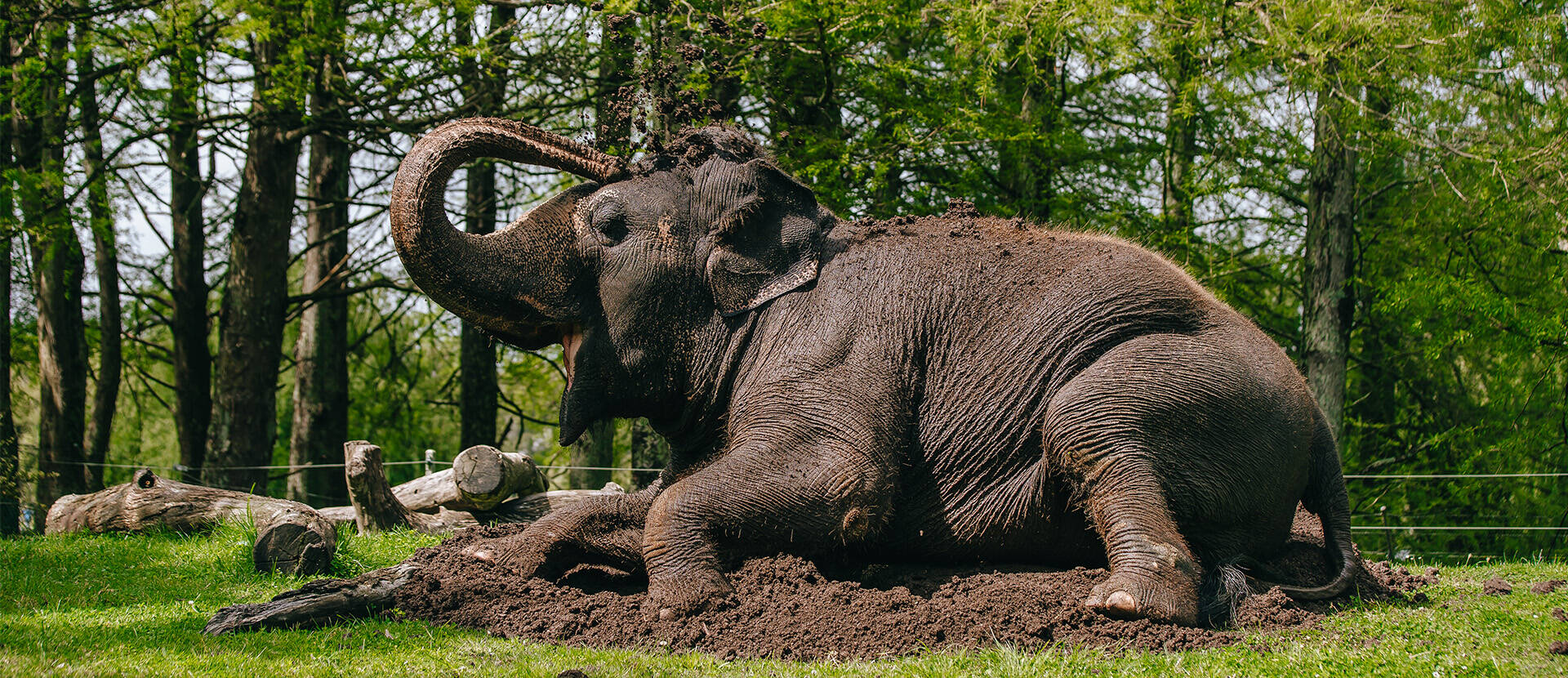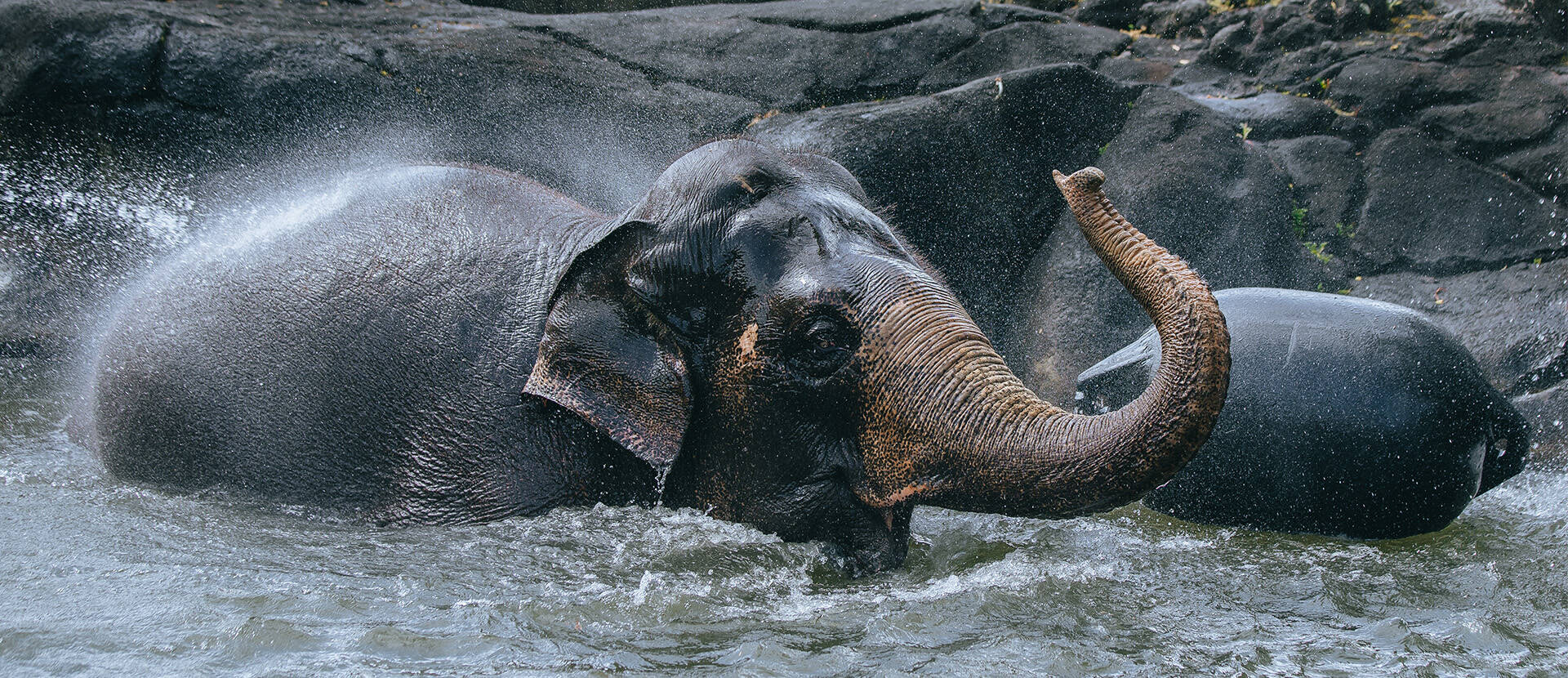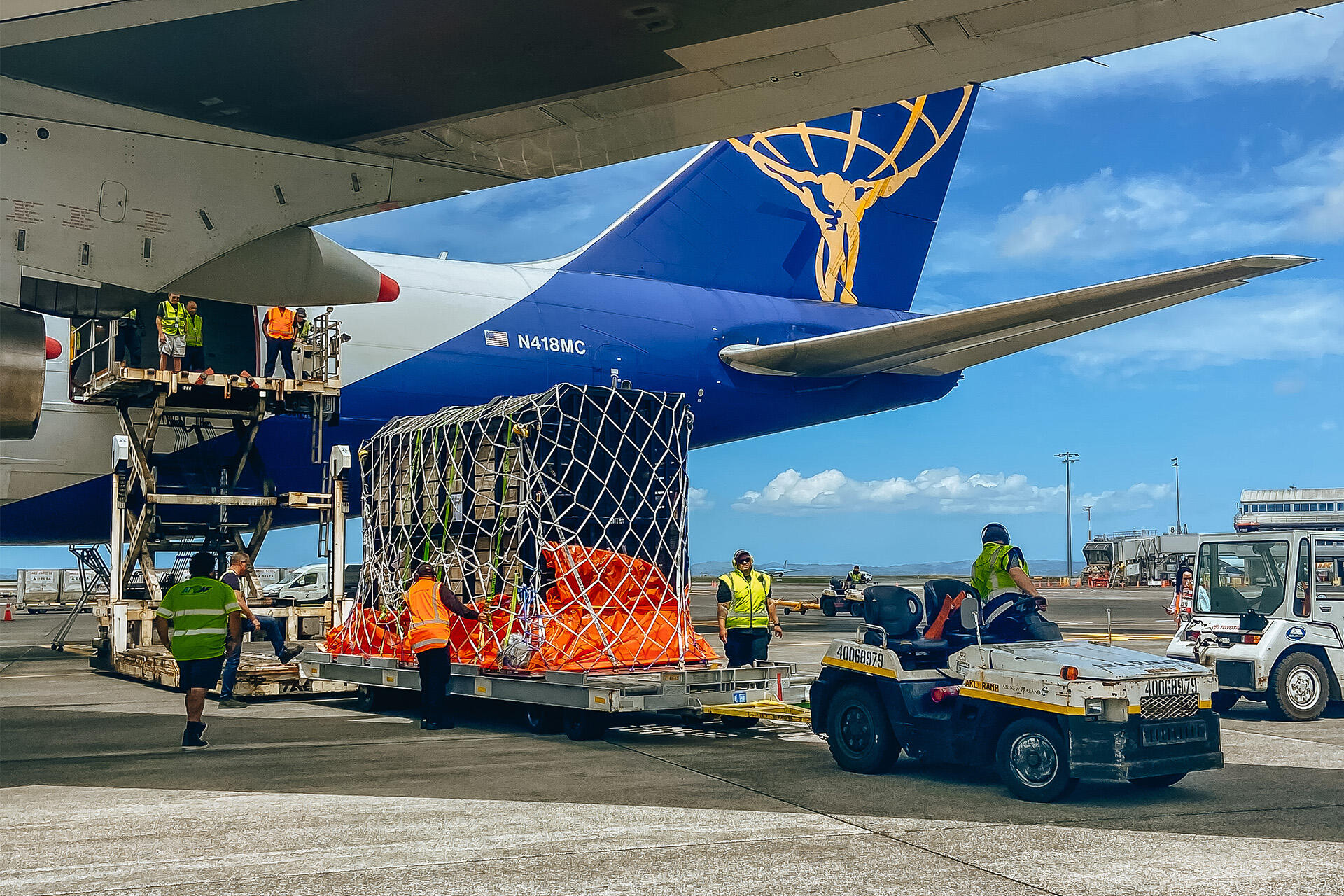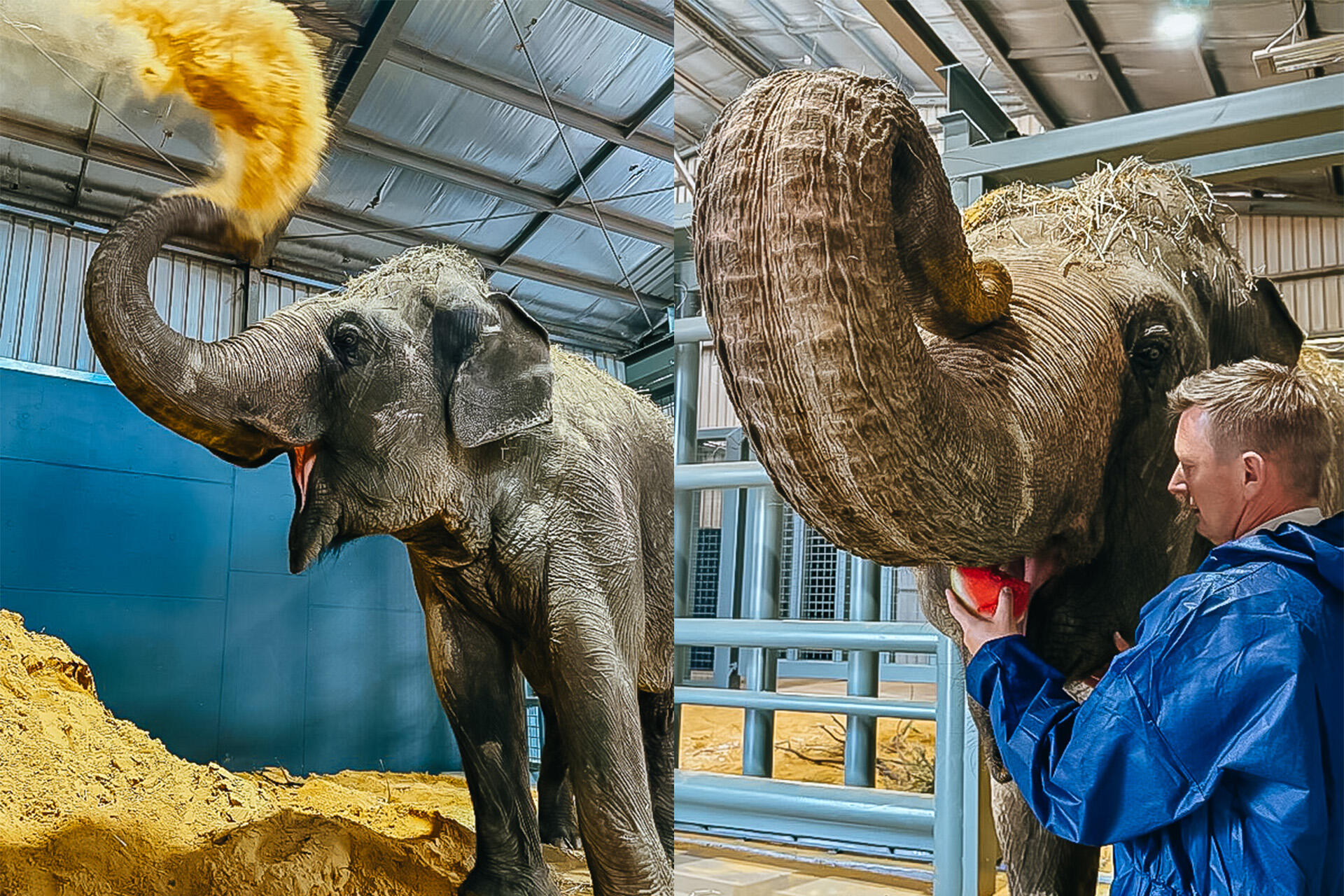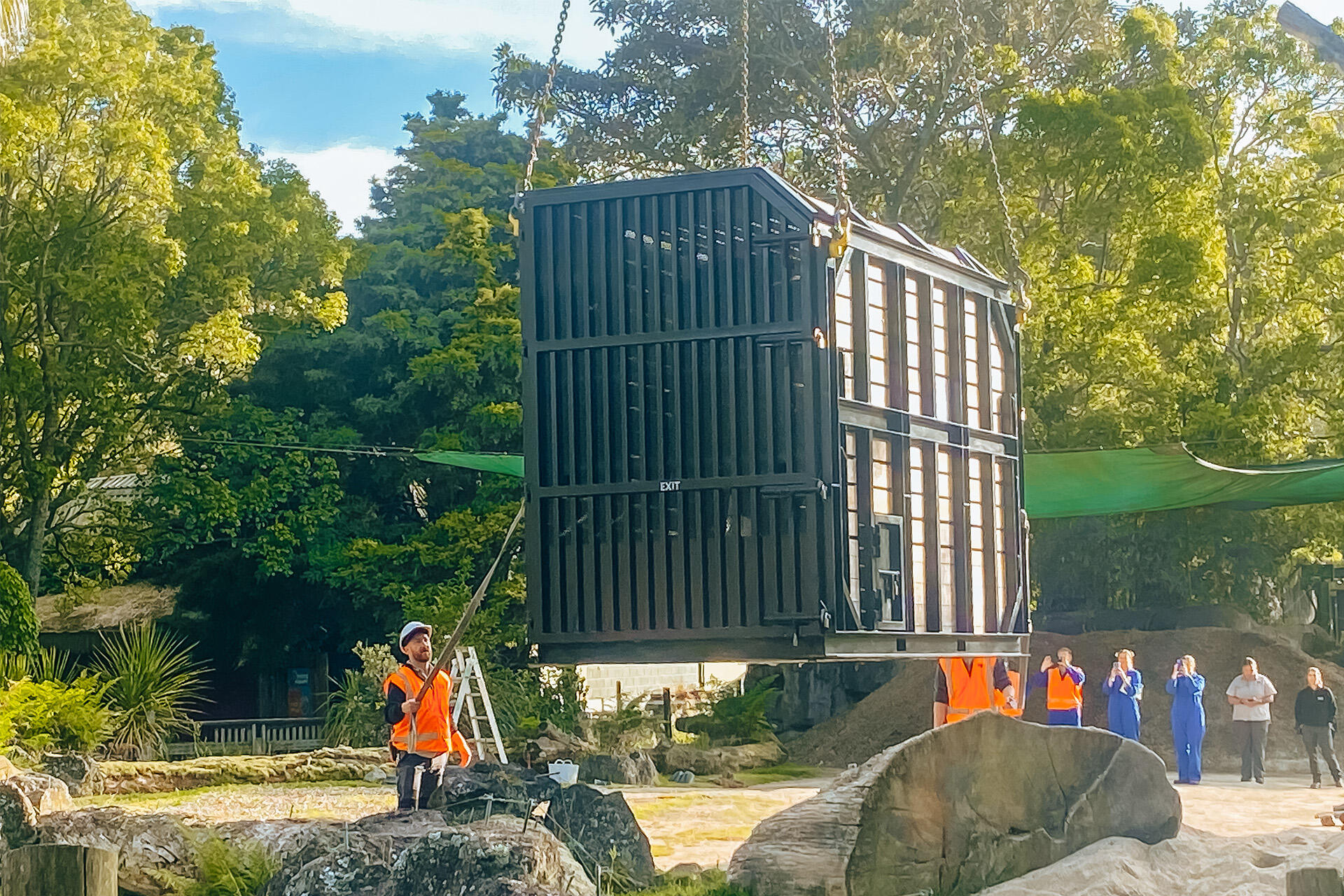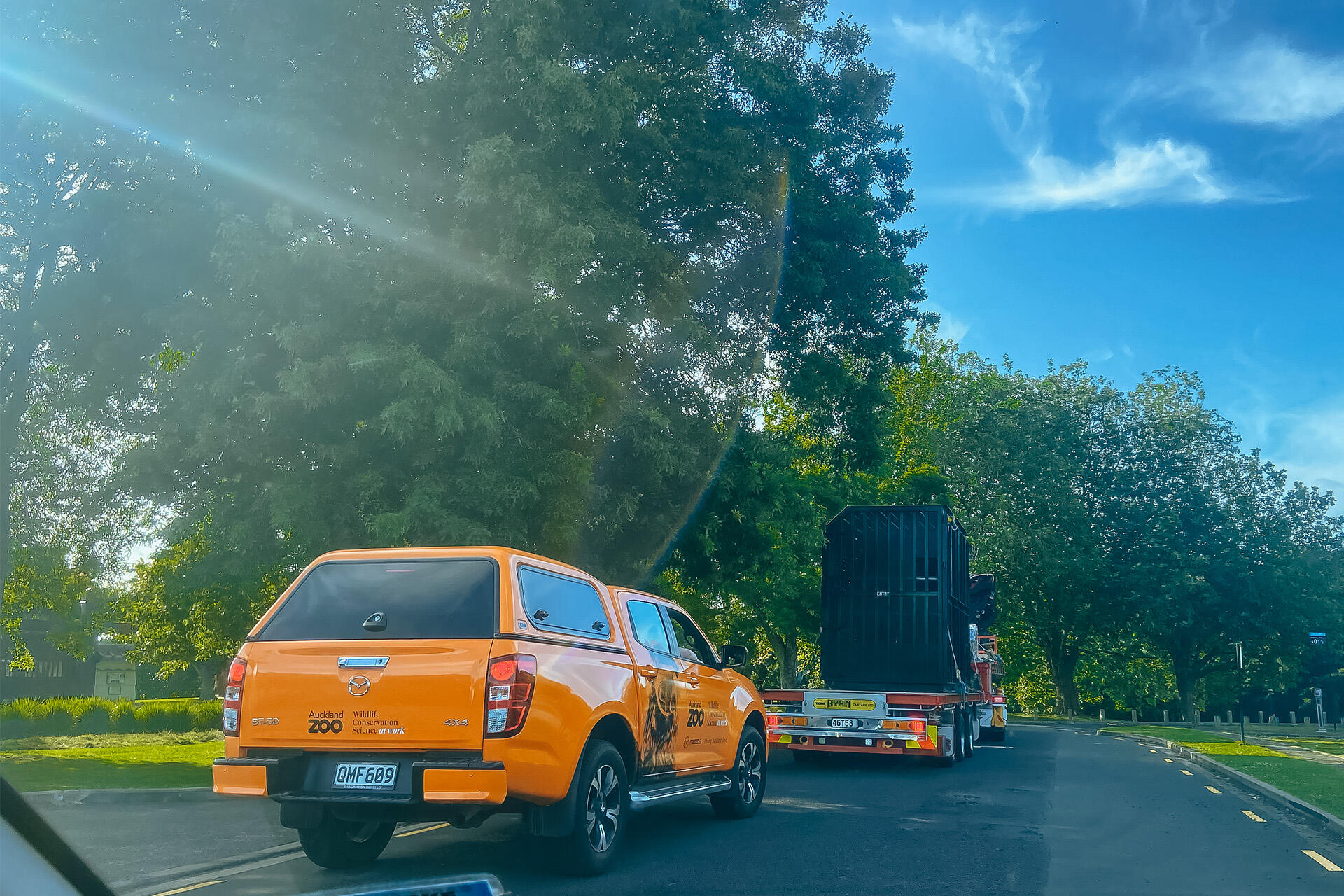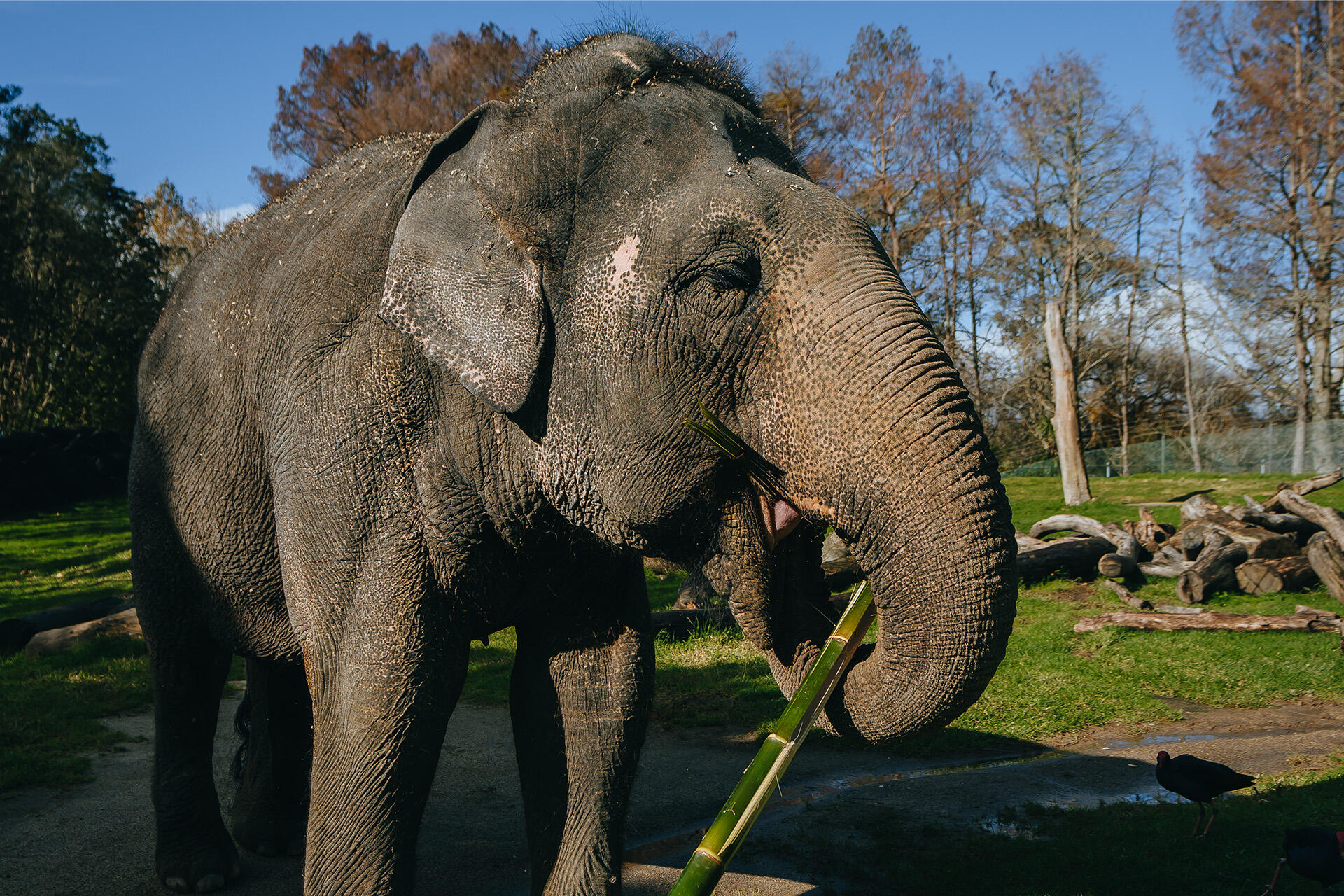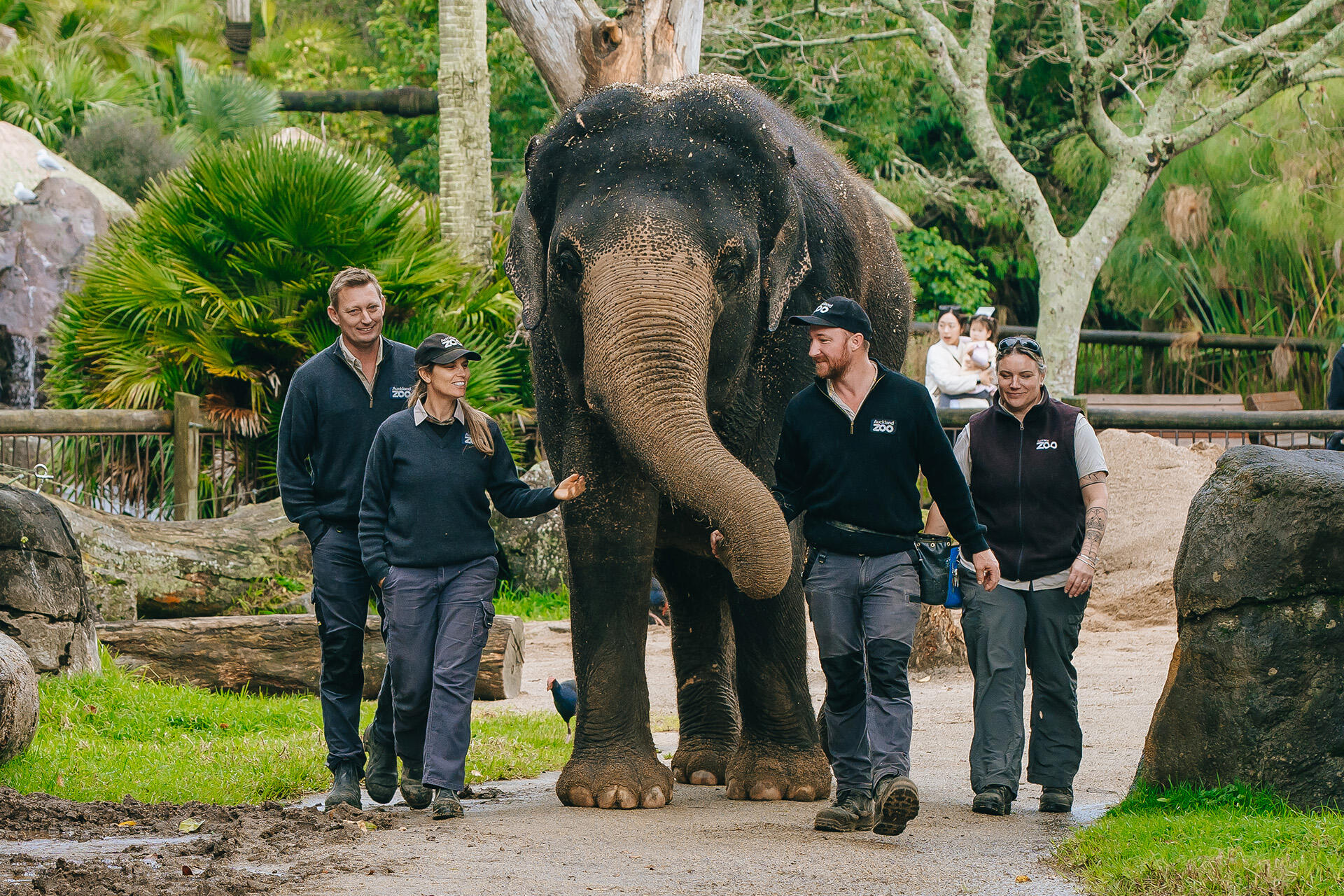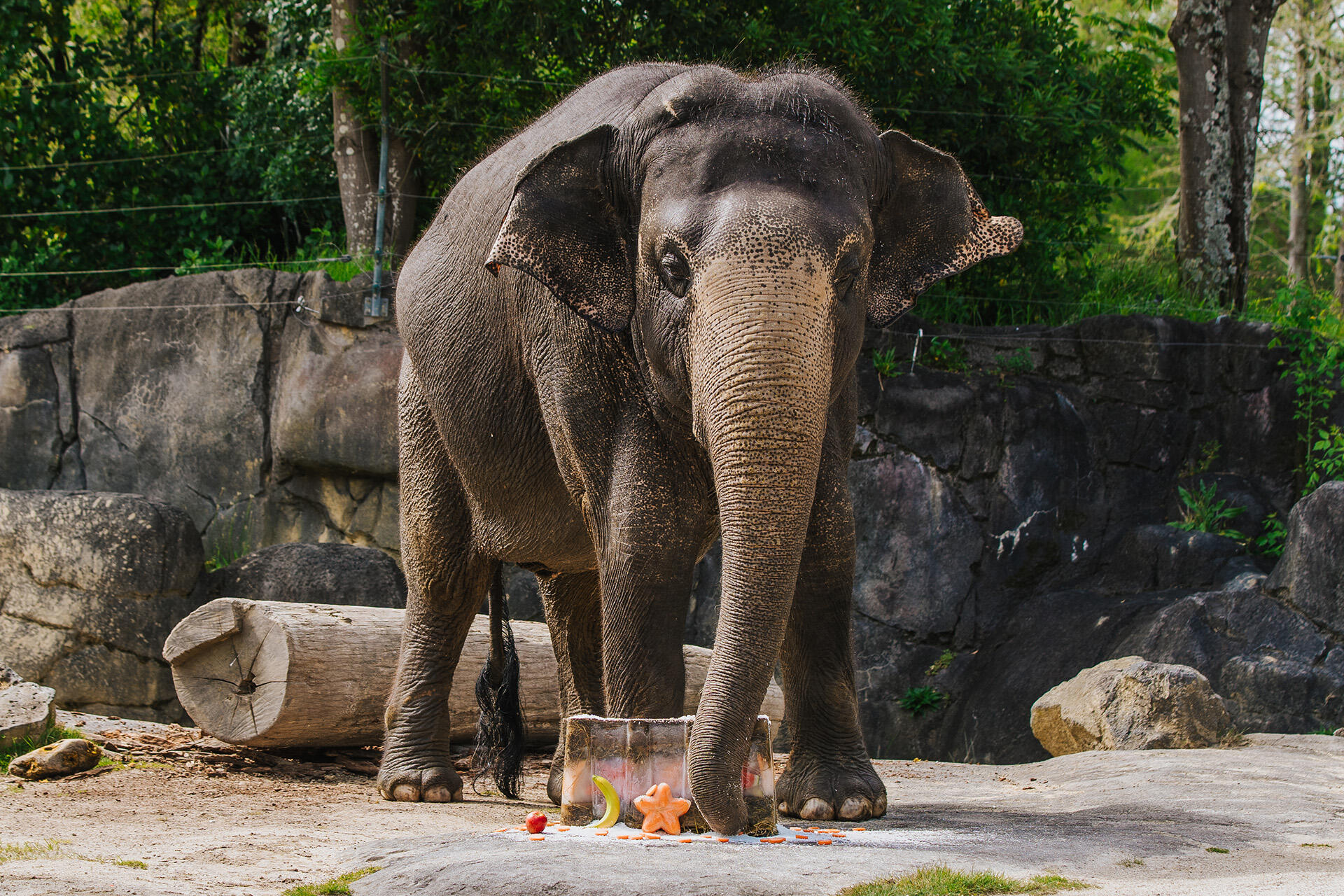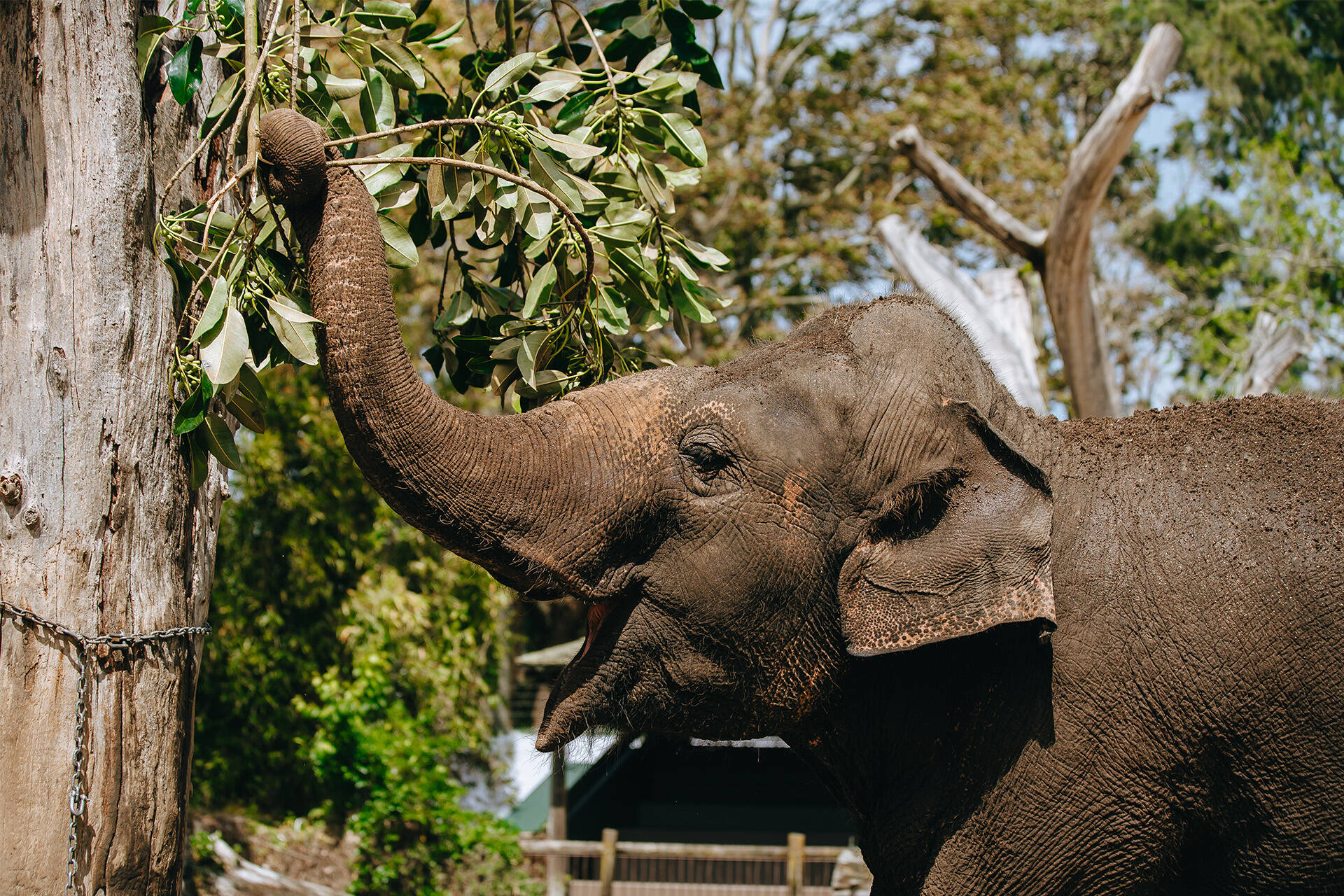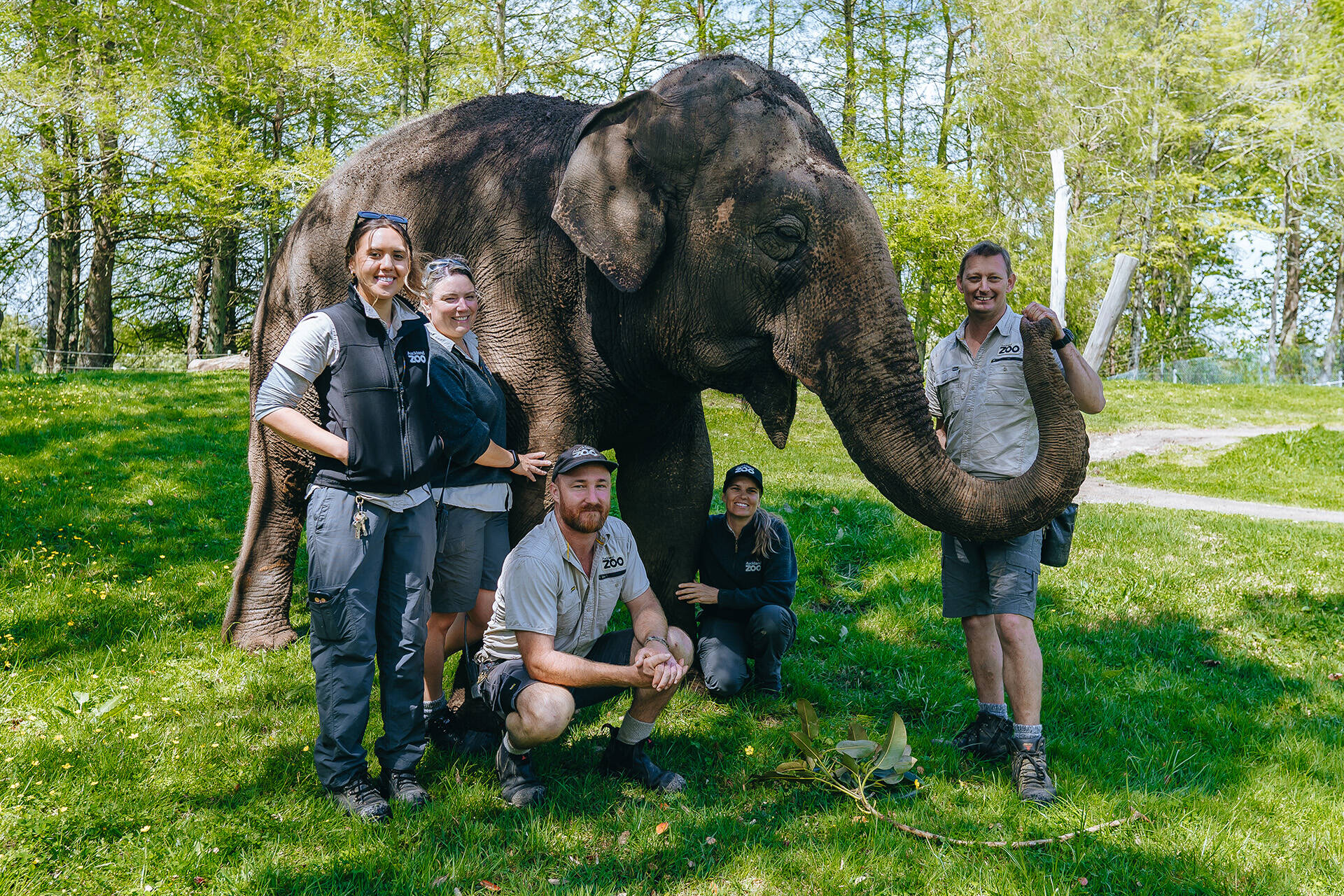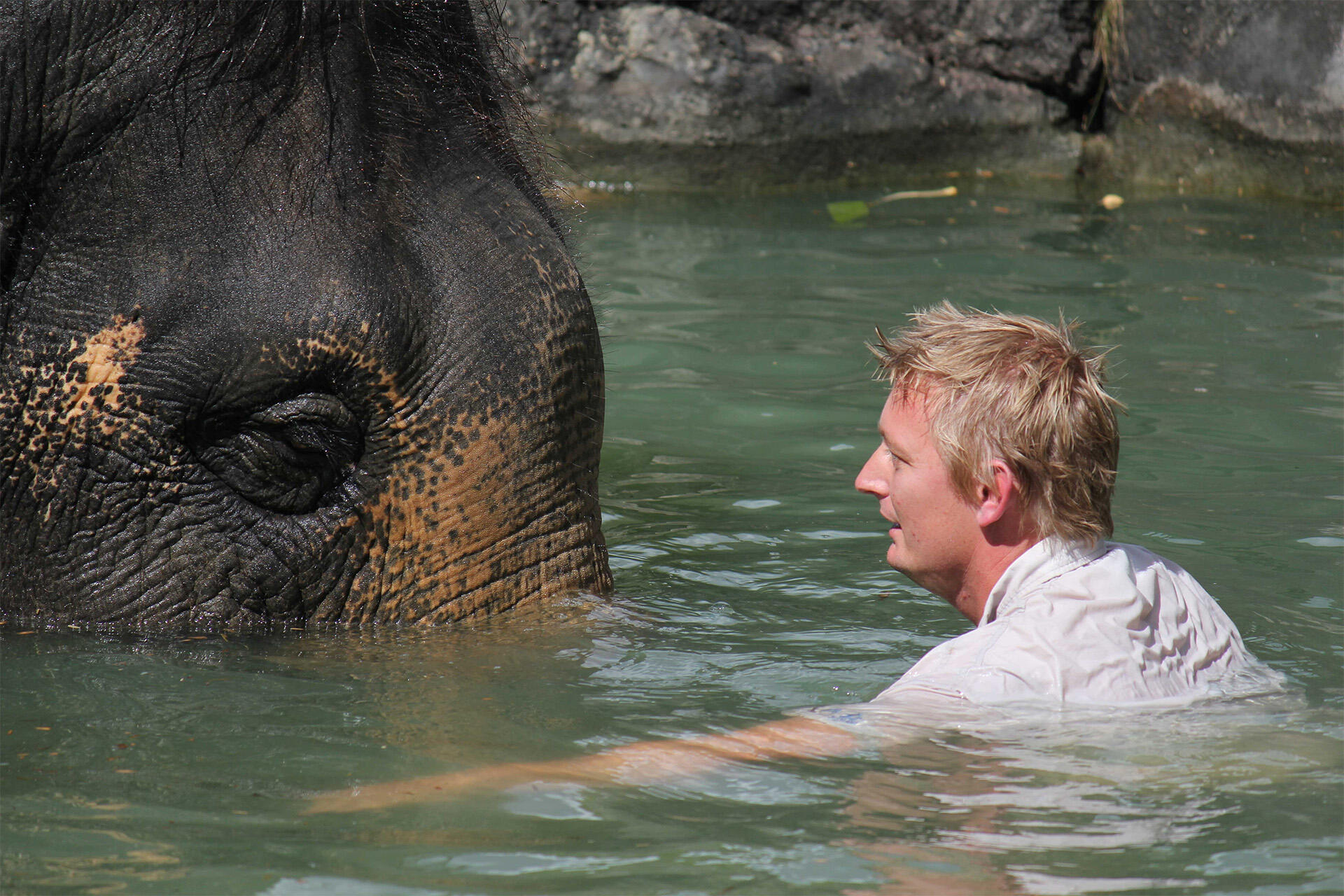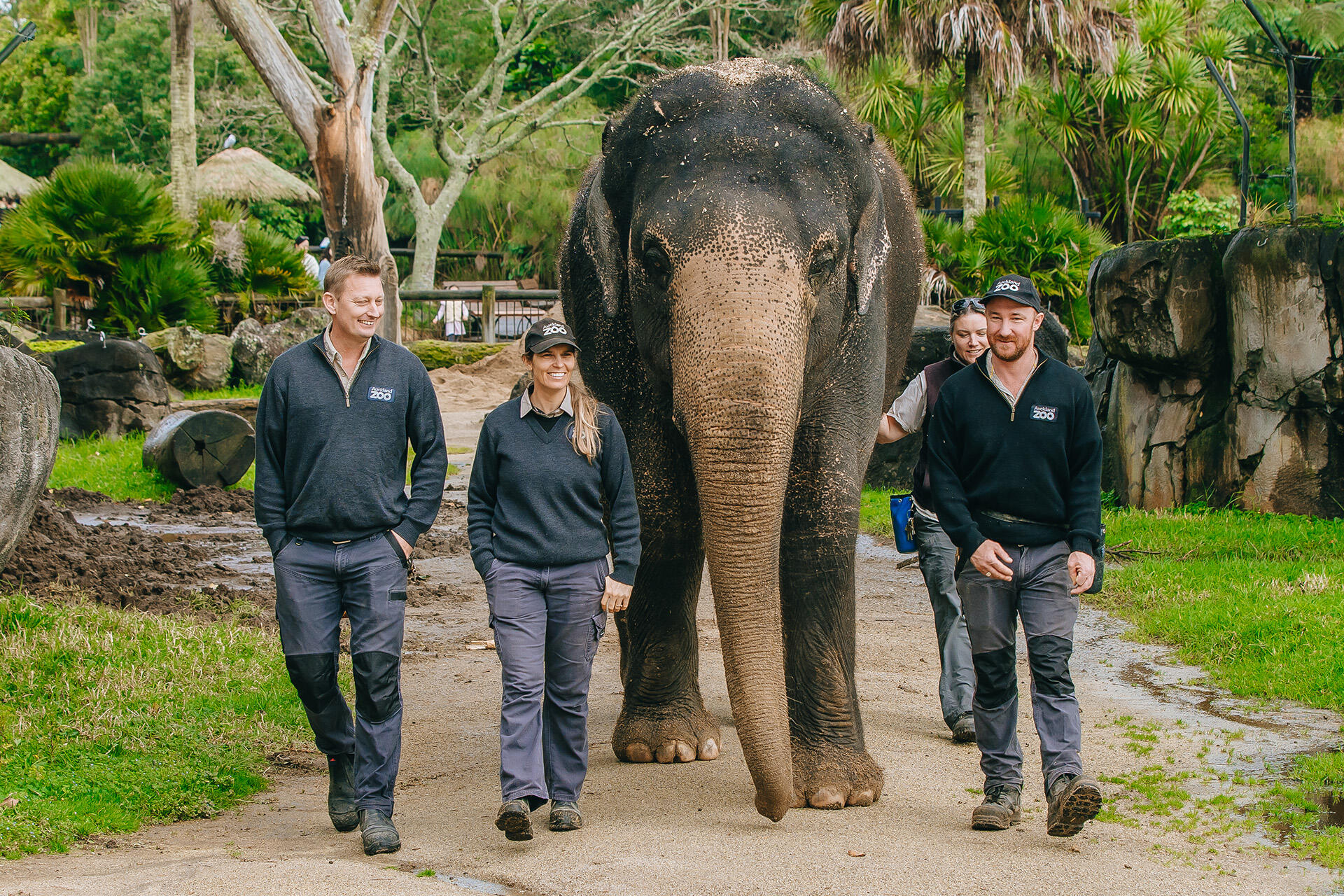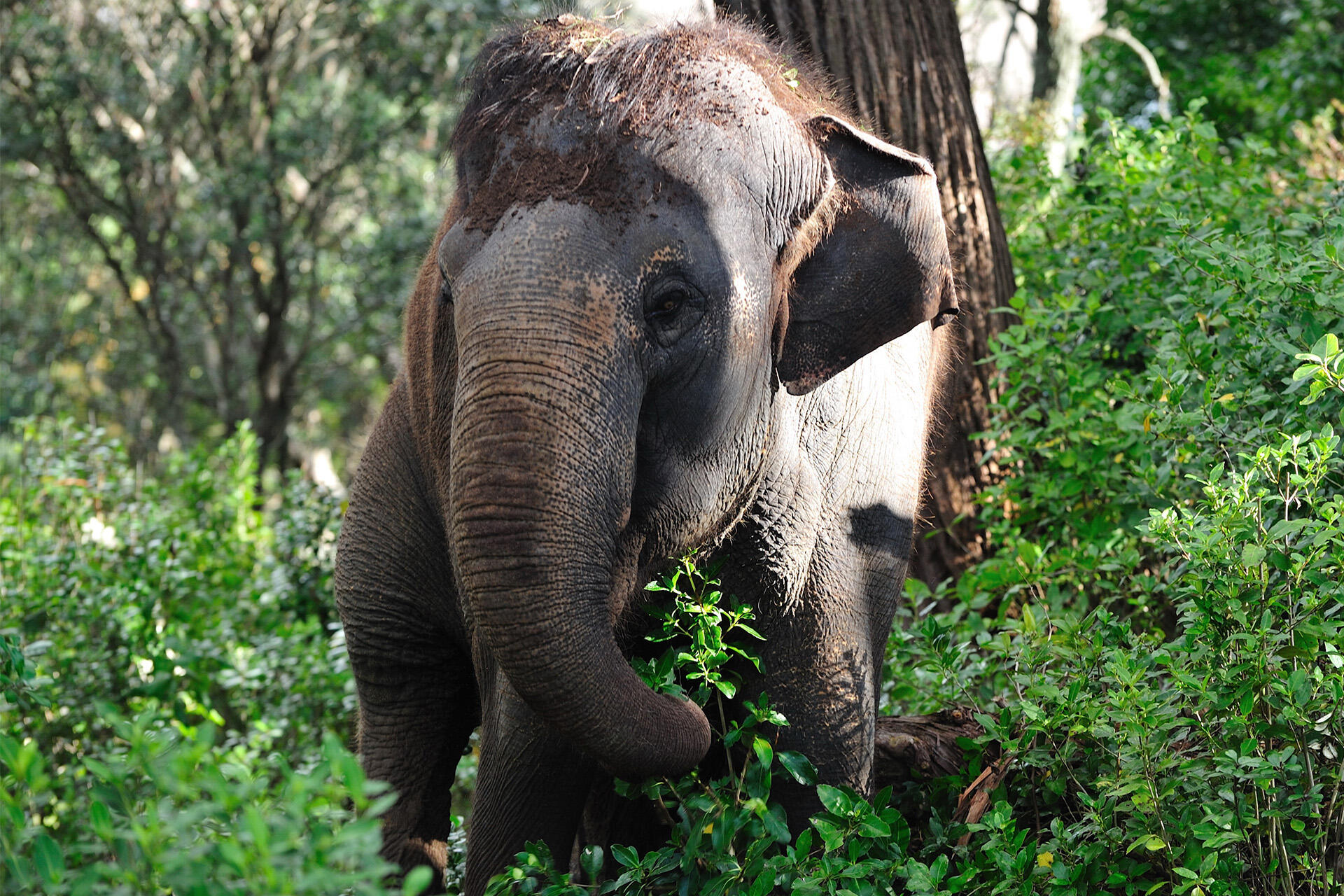“Our highest priority has always been to do the right thing for Burma and get her into a situation where she can be part of a larger elephant family herd. Her arrival in Australia is a huge step in that direction,” says Tātaki Auckland Unlimited Auckland Zoo director Kevin Buley.
“It’s been a long and complicated journey already to get to this point, with the construction of the new habitat at Monarto Safari Park and all the challenges of moving an animal as large as Burma between two countries. It’s only been possible as a result of the phenomenal dedication and skills of our Auckland Zoo team led by our team leader of elephants, Andrew Coers, and a huge amount of incredible teamwork with our friends at Zoos South Australia.
“It’s been a properly bittersweet moment for us all. Whilst we are all upset to have Burma leave us and we will miss her terribly, it is with the knowledge that she is going to an amazing new home in Australia where she will be cared for and loved as much as she was in New Zealand,” says Kevin.
Auckland Zoo’s veterinary manager Dr James Chatterton, who accompanied Burma throughout her travel, says Burma is doing well following her Trans-Tasman travel yesterday.
“Burma coped exceptionally well throughout her entire road and aircraft journey yesterday. For an elephant travelling for the first time in 34 years, it couldn’t have gone better. This is testament to all of the preparations and planning that went into this move, and to the relationships that Andrew and the team have with Burma.


